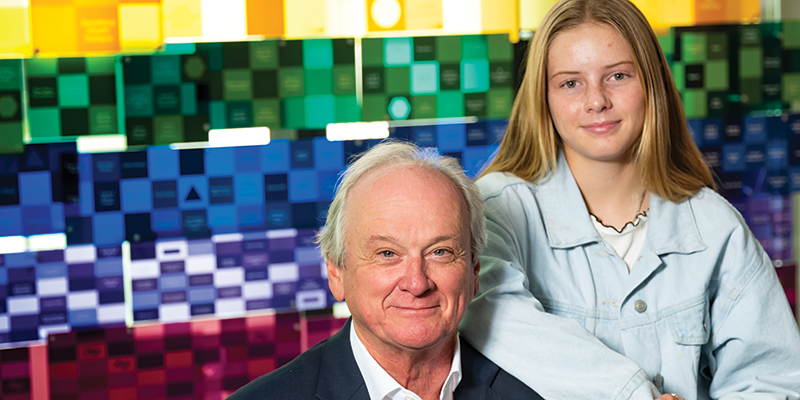Search


News & Events
What life is like living with type 1 diabetesEvery decision a child with type 1 diabetes makes can impact on their blood glucose levels.
Research
The effect of oral insulin on subcutaneous insulin requirements and glycaemia in T1DMLiz Tim Davis Jones MBBS FRACP PhD MBBS DCH FRACP MD Co-director of Children’s Diabetes Centre Co-head, Diabetes and Obesity Research Co-director of
Research
Efficacy and safety of sirolimus in a neonate with persistent hypoglycaemia following near-total pancreatectomy for hyperinsulinaemic hypoglycaemiaThis study looks at hyperinsulinaemic hypoglycaemia, as characterised by inappropriate insulin secretion, as it is the most common cause for persistent...
Research
Cardiac autonomic dysfunction is associated with high-risk albumin-to-creatinine ratio in young adolescents with type 1 diabetes in AdDITThis study examined the association between cardiac autonomic dysfunction and high albumin-to-creatinine ratio (ACR) in adolescents with type 1 diabetes.
Research
Risk factors for decline in IQ in youth with type 1 diabetes over the 12 years from diagnosis/illness onsetThis study examined illness-related change in intelligence quotient (IQ) in a cohort of youth with type 1 diabetes studied prospectively from disease onset...

News & Events
'Artificial pancreas' helps ease diabetes burdenThe Centre is currently involved in an international effort to develop revolutionary closed- loop 'artificial pancreas' technology. It is also leading a multi-centre Australian trial of these portable devices at home in young people with diabetes.

News & Events
Smooth sailing for Drina thanks to burden-breaking technologyRecent diabetes technology is helping 12-year-old Drina keep on top of her condition and be independent, while significantly easing the disease burden on her family.
Research
Wellbeing and Type 1 DiabetesA community-led, trauma-informed psychosocial intervention to improve health outcomes of children and young people with Type-1 diabetes.
News & Events
New insights into diabetes in Australian Aboriginal populationThe Kids Research Institute Australia have shown that genetic variations that influence BMI and diabetes are similar to those in non-Aboriginal populations.
